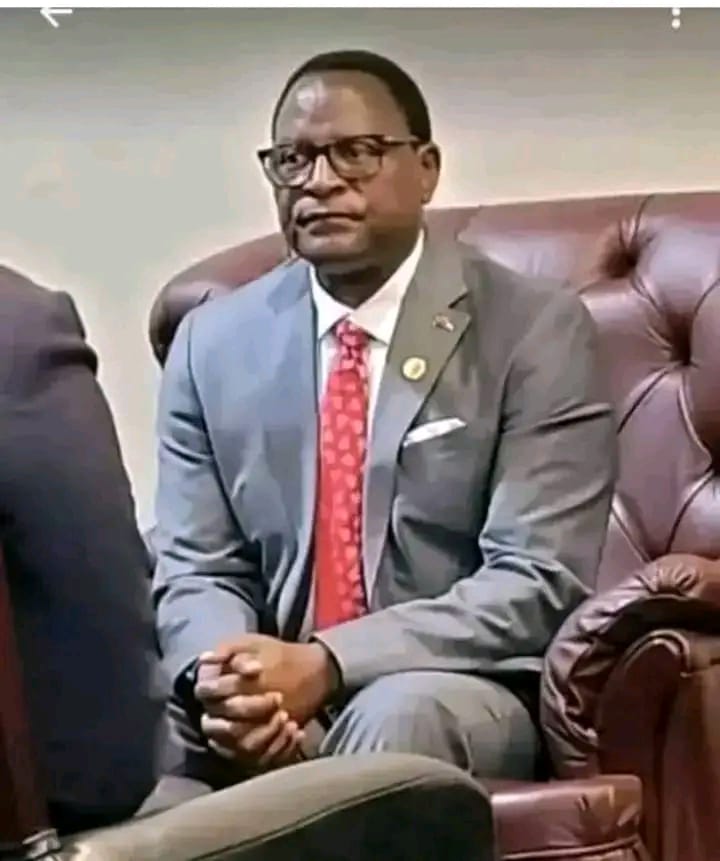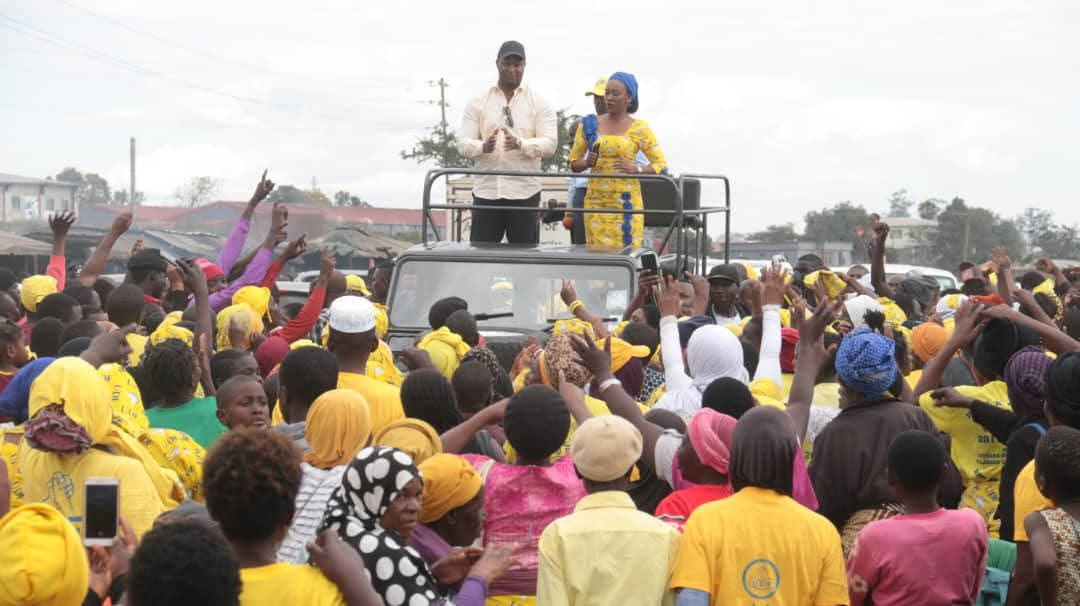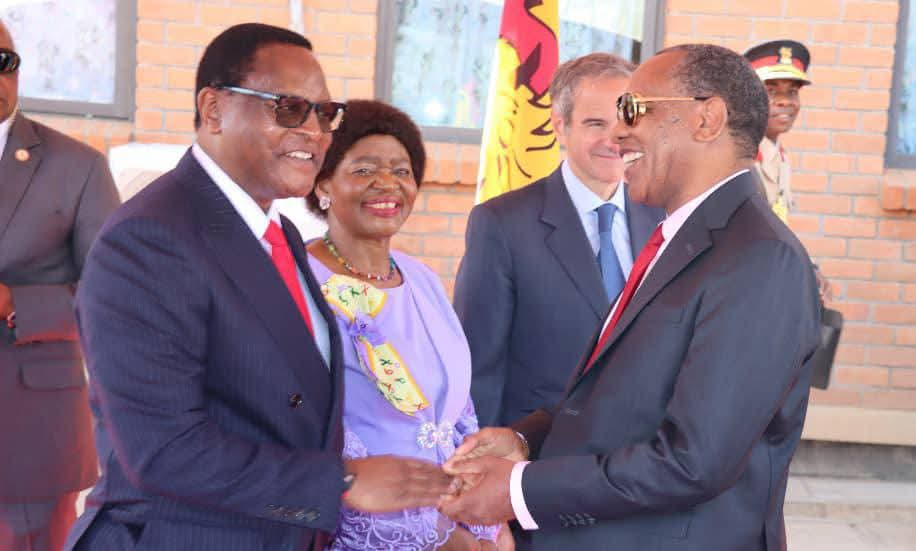By Suleman Chitera | Investigative Feature
A Presidency That Began With Hope
When Dr Lazarus Chakwera was sworn in on June 28 2020, Malawians dared to believe again. His victory, born out of a historic court-ordered election rerun, was celebrated as the rebirth of accountability and reform.
“I will clear the rubble of corruption,” he vowed on the steps of the Parliament Building in Lilongwe.
Five years later, that rubble has only grown higher — and for many citizens, it has buried their hopes.
The Economic Collapse
Between 2022 and 2025, Malawi’s economy suffered one of its worst downturns in decades.
The National Statistical Office reported headline inflation above 30 percent by early 2025, with food inflation surpassing 40 percent.
Prices of maize, cooking oil, fuel and fertilizer soared beyond the reach of most households.
Street protests erupted in Blantyre, Lilongwe and Mzuzu. Traders closed shops in protest.
“Every kwacha we make loses value before sunset,” complained a vendor at Limbe Market.
While global shocks — including Cyclone Freddy and post-pandemic disruptions — contributed, analysts argue government mismanagement worsened the crisis.
A World Bank brief in 2024 cited policy inconsistency, mounting public debt, and delayed reforms as key domestic drivers of inflation.
Promises Drowned in Scandals
Chakwera’s administration promised to restore integrity to public office. Yet within two years, multiple corruption scandals eroded that promise.
The Barkaat Fertilizer Scandal: Millions of kwacha paid in advance to a foreign supplier for fertilizer that was never delivered.
Fuel import irregularities: Reports of inflated contracts and procurement without proper oversight.
Cabinet dissolutions: In 2022 and 2023 the President dissolved or reshuffled his Cabinet amid mounting graft allegations — an action that made headlines but little difference.
A 2024 IPOR survey revealed 93 percent of Malawians believed corruption had worsened under Chakwera.
Public Affairs Committee (PAC) chairperson Rev Patrick Thawale remarked at the time:
“Malawians are not angry because there is corruption. They are angry because nothing is done about it.”
Shrinking Civic Space
Press-freedom groups say journalists and activists faced growing hostility.
In August 2025, reporters at Chakwera’s nomination briefing were harassed by ruling-party supporters — prompting condemnation from MISA Malawi.
Earlier, a man was jailed for posting a TikTok video that mocked the president, raising fears about misuse of cyber-laws to silence dissent.
Although Chakwera publicly reaffirmed his commitment to freedom of expression, watchdogs noted a chilling effect.
“Fear returned to newsrooms,” said one senior journalist at a Lilongwe broadcaster.
The People’s Verdict
By mid-2025, the verdict was written on the walls — literally. Graffiti in Lilongwe’s townships read “Za Tonse Tazitayika” (“The Tonse dream is lost”).
In the August 2025 presidential election, Peter Mutharika staged a dramatic comeback, defeating Chakwera with 56 percent of the vote.
International observers described the result as a “resounding protest vote driven by economic pain and perceptions of corruption.”
Context Matters — But So Does Accountability
Defenders of Chakwera cite unprecedented challenges:
Cyclones that destroyed crops and infrastructure.
Global fuel and fertilizer crises.
Weak public institutions inherited from past administrations.
But critics argue leadership is tested precisely in crises.
“Other countries faced the same shocks without collapsing this badly,” noted economist Dr Ethel Kanyongolo in a post-election panel.
“Malawi’s crisis was aggravated by indecision, patronage and loss of fiscal discipline.”
What Remains of the “Servant Leadership” Promise
For all its failures, Chakwera’s presidency did not descend into dictatorship.
Elections were held. Civil courts functioned. Opposition voices — though harassed — still spoke.
Yet the symbolic damage was immense. The man who rose to power preaching moral clarity now stands accused of hypocrisy.
In the words of governance analyst Henry Chizimba,
“Chakwera taught us that integrity in politics cannot survive without results. Morality alone doesn’t fill an empty stomach.”
Lessons for Malawi’s Future
Strengthen watchdogs: The Anti-Corruption Bureau and Auditor-General must be insulated from political interference.
Tame inflation early: Food security and price stability should trump political spending.
Protect the press: Journalists must work free from fear; media intimidation erodes democracy.
Hold leaders to their manifestos: Voters must insist on measurable progress, not slogans.
Conclusion
Lazarus Chakwera’s tenure will be remembered as a tragic arc — from preacher of integrity to symbol of disappointment.
Whether history calls him Malawi’s worst president is debatable.
But for millions of Malawians still queuing for fuel, struggling to buy maize, or watching their savings evaporate, that debate feels settled already.
🟦 Editor’s note: This story is part of a continuing investigation into governance and public accountability in Malawi. Sources include NSO, World Bank, Reuters, MISA Malawi, PAC statements, and interviews with affected citizens




